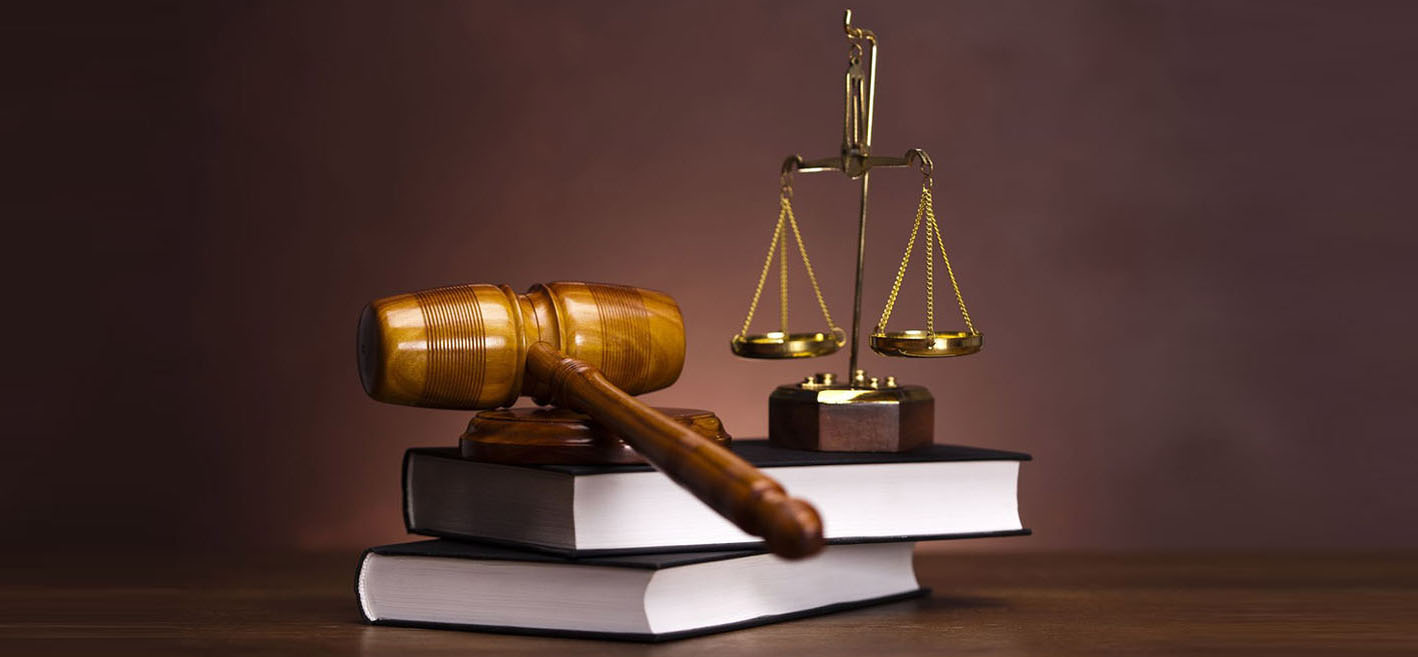Officers are more conscious than ever that in their daily actions serving the public they are now placed under increased scrutiny. Distrust of law enforcement officers is a running theme in the media and even routine officer actions are now second guessed, extensively criticized, and reviewed ad nauseam. Part of the fallout has helped fuel a debate about an alleged code of silence within the Chicago Police Department. Civil lawsuits alleging a code of silence have been more prevalent after a federal jury found evidence that such a code existed in a 2012 police misconduct case Prior to this seismic shift in the public’s perception of law enforcement, an officer was presumed to be trustworthy in his reports, investigations, and testimony. An officer’s credibility generally was not questioned absent serious evidence that an officer had intentionally lied. Now, officers are often accused of lying about even their simplest observations in furtherance of the alleged code of silence.
If an officer is found to have lied in reports, investigations, or testimony, the officer’s future can be severely impacted due to the possibility of running afoul of a 1972 United States Supreme court decision in Giglio v. United States. In Giglio, the Supreme Court held that defendants must be provided all information that would impeach the prosecution’s witnesses including officers acting as witnesses. Therefore, if the prosecution intends on using an officer as a witness who has been found to have lied under similar circumstances, the prosecution has a duty and must disclose that information to the defense. A Chicago Police Officer who has been found guilty of violating Rule 14’s prohibition against making false reports, written or oral will generally require the prosecutor to disclose information if it is known to the prosecutor.
No formal policy exists as to how an officer’s past credibility can be easily verified before trial. However the CPD and the State’s Attorney’s office have approached the issue by differing methods. The CPD intends on firing any officer’s that have earn Rule 14 violations. The CPD has established a policy going forward that requests termination for officer’s that are charged with and found guilty of a Rule 14 violation. In conjunction with the department’s policy the Police Board has routinely voted to terminate officers for sustained Rule 14 violations. The Police Board has found that an officer’s trustworthiness, reliability, good judgment, and integrity are material qualifications for the position of police officers. Precisely because an officer’s primary duties include making arrests and testifying in court, a police officer’s credibility becomes a vital issue in prosecuting crimes and in defending the department in civil lawsuits.
On the other hand, the State’s Attorney’s office will place officer’s with credibility issues on a list, commonly referred to as a “Giglio” list and will disclose the officer’s credibility issue to defense counsel. The State’s Attorney will inform the defense counsel via a disclosure by letter that the officer’s credibility to testify as a witness has been called into question by a previous finding. Under a new policy, the State’s Attorney’s office now informs the CPD or other law enforcement agencies whenever a disclosure notice is filed regarding an officer. An officer can easily be subjected to a disclosure notice by a judge’s finding that a testifying officer was not credible, i.e. the officer lied on the stand. In such an instance, the officer can be guaranteed to become the subject of an internal department investigation based on the judge’s finding.
With the ever-changing landscape officers face in performing their dangerous and difficult job, officers must be aware that every action they take and every word they speak or write will be vigorously reviewed. Officers must continue to articulate their observations and the facts known to them with as much detail as possible while the events are fresh in their minds. Officers must then diligently review all documentation and reports prior to any testimony and must identify any areas of concern to discuss with the prosecution. Lastly, officers must document where, when, and how they obtained any facts they document in reports and must only testify to what they can independently recall or what can be verified by refreshing their memory upon viewing reports. While sitting in the jury room waiting to testify, officers should be preparing for their upcoming testimony. Put the Sun Times down and study your reports.


